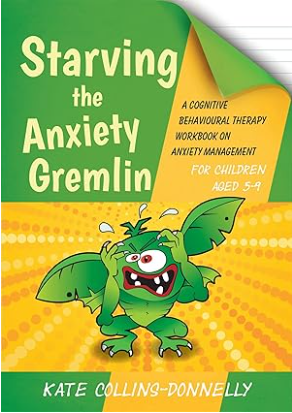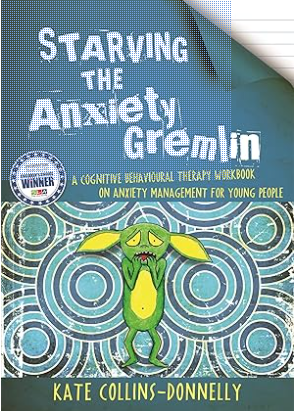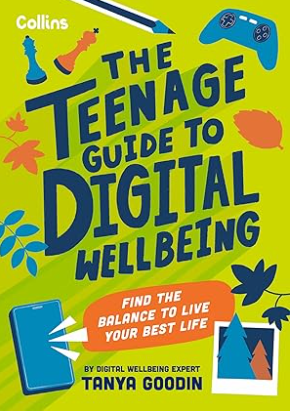Anxiety is a feeling of fear dread uneasiness
Anxiety
Anxiety is a feeling of fear, dread, and uneasiness. It might cause you to sweat, feel restless and tense, and have a rapid heartbeat. But how often as parents have we heard ‘..,your child is too young to have anxiety…they just need to get on with it’.
Official figures show in 2023-24 there were 204,526 new referrals of patients aged 17 and under where the primary cause was anxiety. In 2019-20, the year before Covid, the total was 98,953. That’s a huge increase and yet we are often told that children can’t have anxiety and that they just need to toughen up…get a grip…and the list goes on.
You know your child. It’s that simple. There is always an argument to say that as parents we can over-protect but if you are dealing with a child that is being physically sick at the thought of attending school for example then something is wrong. Just as we wouldn’t force adults to go to work in no fit state, the same should be said for children, and perhaps even more so.
There are so many reasons that a child can feel overwhelmed and anxious so it’s important to seek the right type of support.
Homelife and family dynamics
Children are sensitive to what happens around them, and young children in particular can feel that it is their fault when things go wrong at home. This can lead to them misbehaving to draw attention to themselves or alternatively withdrawing completely.
Problems in the family home can’t often be solved overnight, so it’s important to help understand how best to support them during this time. Below are some websites that can offer specific support.
Most local councils offer family support services that might be able to offer help or direct you to agencies within your local area.
Hormonal and changes in your body
Hormonal surges and consequent physical maturation linked to pubertal development in adolescence are believed to impact multiple aspects of brain development, social cognition, and peer relations; each of which have also demonstrated associations with risk for mood and anxiety disorders. Add this to the external factors such as social media and school environments, no wonder children feel so overwhelmed.
One of the hard things is that hormones really do change the way you think. That can make it harder to stop anxiety because you’re always going to feel like your emotions are “normal” even when they’re not.
I found a useful article – read here – on the Child Mind Institute which details the correlation between hormones and mental changes in adolescence.
It runs in the family
Anxiety can run in families, demonstrating a genetic link and increased risk among close relatives, but it isn’t the only determining factor. There are many organisations and channels of support available to children (some listed below) and there is also information on the NHS website about where to find local services.
Bullying and trauma
Students who are bullied by other students at school are more likely to develop depression. Childhood bullying can also cause anxiety and trauma that carries over into later life and adulthood. It can cause generalised or social anxiety, and/or lead to PTSD and panic attacks.
There are some great tips of how to spot warning signs that your child is being bullied on the UNICEF website, and how to talk to children about bullying on the NSPCA website.
School environments
Not being understood or heard can lead to children experiencing anxiety in a school environment, and sadly this also includes their treatment by teachers and those that are supposed to offer them support and care. The world changed in 2020 and it’s hard to believe this didn’t contribute to school anxiety.
School anxiety and school refusal is a very common situation in the UK and a rapidly growing issue for the increasing number of children being diagnosed with some sort of neuro-diversity. There aren’t the resources or funding streams often, but what’s more worrying is the damage in relationships between schools and parents.
YoungMinds offers some great advice on CAMHS and how to access support here >
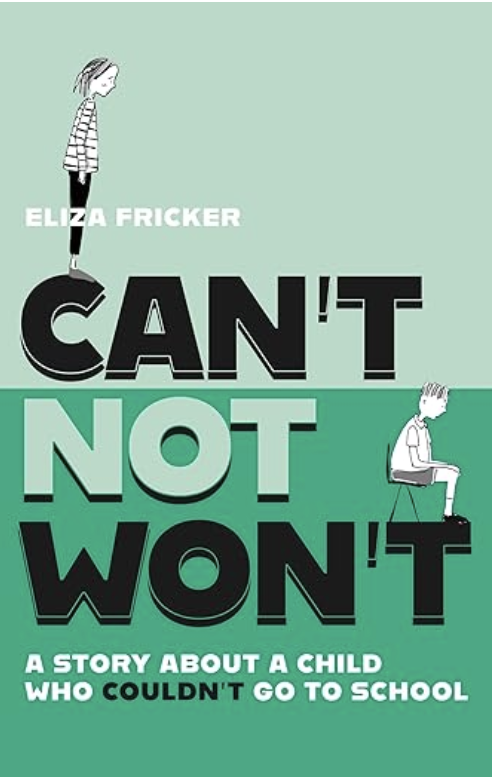
Can't Not Won't:
Social media and the external world
It is a fact that children are growing up in a rapidly changing landscape of technology, with little time ‘off’ and away from peers and external pressures to look and act a certain way. As a parent we are told to remove their device but we all know this can then lead to further issues. The addictive nature of social media activates the brain’s reward centre by releasing dopamine. This is a “feel-good chemical” linked to pleasurable activities so it makes sense withdrawing their device can cause distress. So can a healthy balance be achieved?
I found a great source of help on the Young Minds website – view here > which covers topics such as cyberbullying, talking to kids about moderation and how to spot warning signs.
There is also a website – www.internetmatters.org – which offers a range of online resources for parents to help their children cope with the stresses associated with apps and social media.
Research indicates that anxiety and depression related to early puberty may affect girls more than boys
Whatever your child is going through here is lots of help and support out there and some super charities and organisations that can offer you advice about how best to support your young person.
If I was to offer any advice from our own experiences
- Always challenge, question, push back and don’t assume that things will be put in place for your child automatically.
- If it doesn’t feel right then trust your instincts and keep asking questions until you feel comfortable with the answer
- Document everything and if needs be, ask for any meetings to be minuted so that all parties are aware of what’s been promised as actions
- Read about your rights and those of your child – research is key
- Gather as much information as possible such as doctors letters and any professional reports and recommendations to share with councils and schools
- Ask for help from organisations like those listed below as they are experts in how to support families
- Join online communities so that you can learn from others
- Know that you aren’t alone.
Anxiety UK offer forms of therapy – view their video opposite for more information and visit their website here >
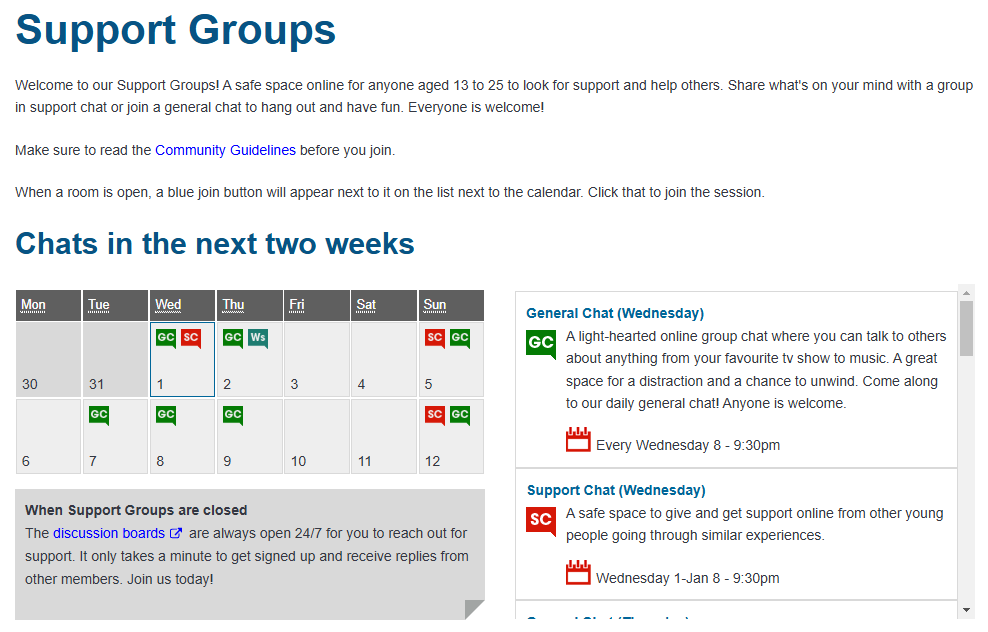
Online support groups
The Mix off online support groups and a safe space online for anyone aged 13 to 25 to look for support and help others. Share what's on your mind with a group in support chat or join a general chat to hang out and have fun. Everyone is welcome! The discussion boards are always open 24/7 for you to reach out for support. It only takes a minute to get signed up and receive replies from other members.
Organisations that offer information and support include:
Since 1949, the Mental Health Foundation has been leading the UK in building good mental health. Together, we can help everyone have better mental health.
Visit website >
Internet Matters supports parents and professionals with comprehensive resources and expert guidance to help them navigate the ever-changing world of child internet safety.
Visit website >

Help for adults concerned about a child
Call us on 0808 800 5000 / Help for children and young peopleCall Childline on 0800
1111
Visit website >

Define Fine is a national parent carer led peer support organisation tackling the issues facing young people and school attendance.
Visit website >

The UK’s leading charity fighting for a world where no young person feels alone with their mental health
Visit website >

We're here to help the 700,000 autistic people in the UK and their families.
Visit website >

We can provide therapy online, over the phone or face-to-face, if there is a therapist available in your area.
Visit website >

The Mix is the UK’s leading support service for young people. We are here to help you take on any challenge you’re facing.
Visit website >

